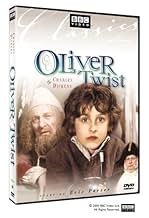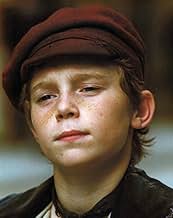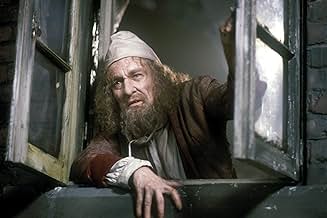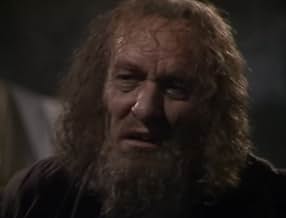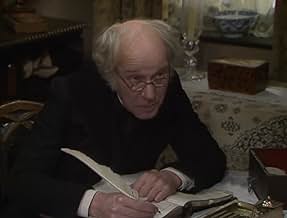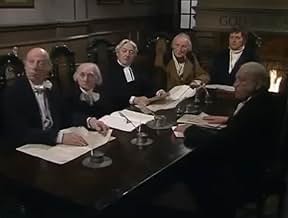This version keeps a lot more of the novel than most, but most of this material lacking in other versions covers the Maylie sub-plot, which is mawkish and conventional Victoriana.
Many reviewers have commented that the series does not stint on the squalor of Hanoverian London (the action takes place in pre-Victorian times). I actually disagree and feel that it sanitizes things. Reviewers write of the "cramped" rooms when I thought they were were more spacious than many a million pound flat in today's London.
The direction, camera-work and score were plodding TV quality only, and the actors in some parts unsubtle. Bill Sykes looked the part, and for once you could see why Nancy might have been attracted to him, but his acting skills were one-dimensional. I liked Eric Porter's Fagin. It was based on the Guinness version, but without the anti-semitic element which is embarrassing in the earlier movie.
Too many of the children's roles suggested middle-class kids from drama school.
I give the makers credit for faithfulness and not attempting smart-ass interpolations or anachronistic social comment, and maybe enjoyment would be enhanced by watching in the original 12 half-hour episodes, but viewing it purely as a "movie" it is fairly dull, especially compared to David Lean's masterpiece. Sharper editing would help to speed things along.

